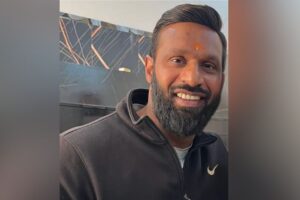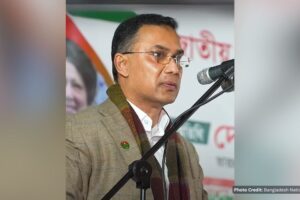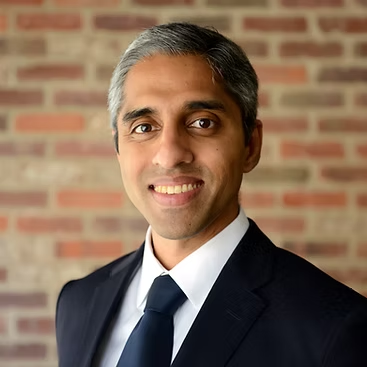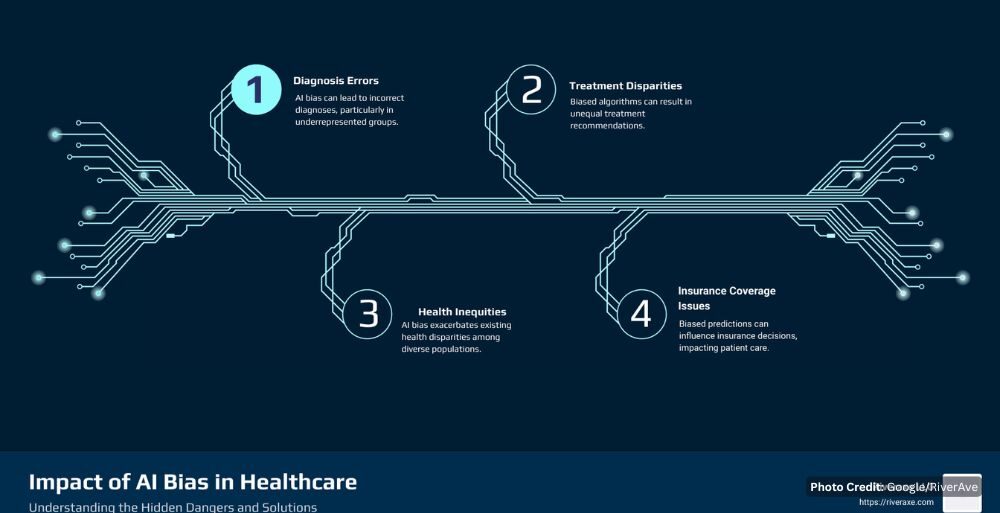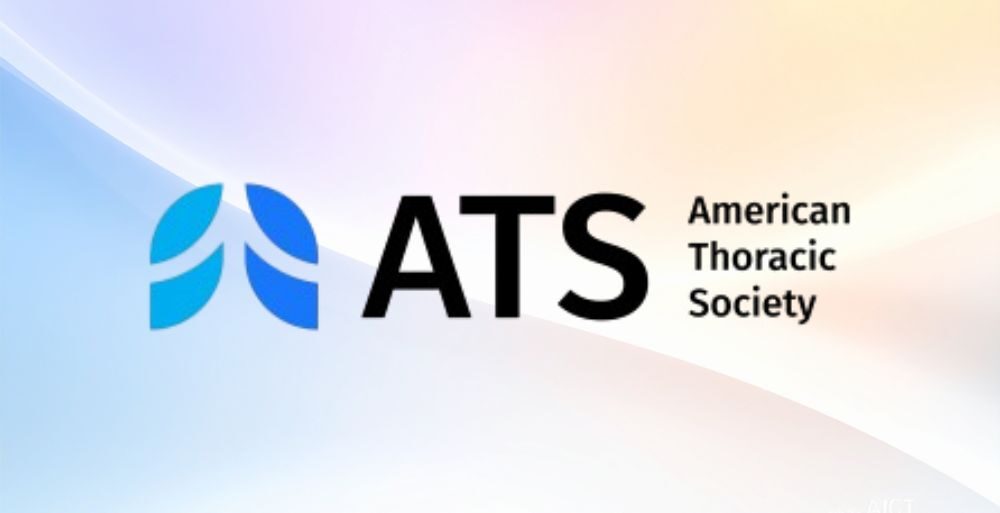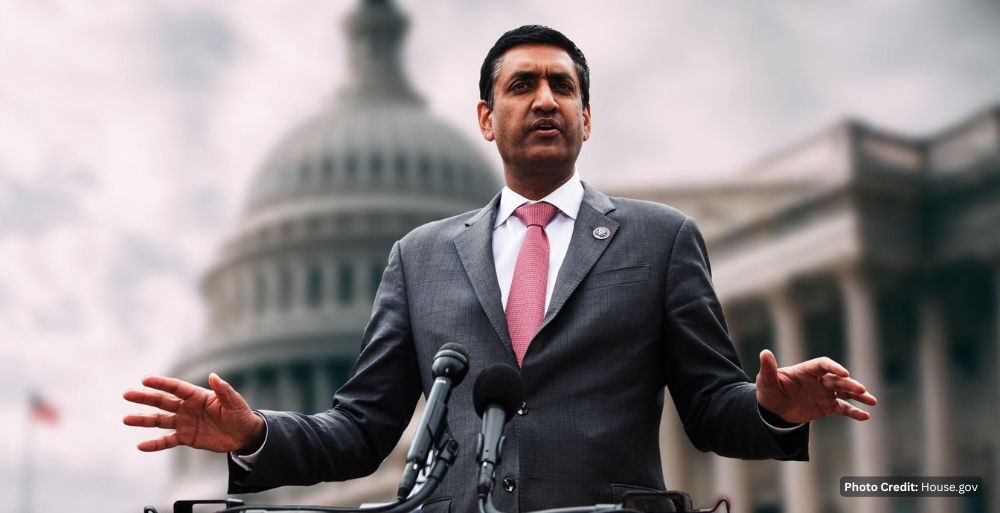(Excerpts from an Interview with the 19th and 21st U.S. Surgeon General by India Currents)
Dr. Vivek Murthy, the only Indian American to serve twice as the U.S. Surgeon General, recently spoke with Mandayam Osuri Thirunarayanan for India Currents about the evolving landscape of healthcare in the United States, with a focus on artificial intelligence (AI), health policy, and the epidemic of loneliness.
A Day in the Life of the Surgeon General
Dr. Murthy described his role as highly dynamic, involving meetings with agencies such as the CDC and NIH, collaborating across departments, and engaging with lawmakers to shape public health campaigns and advisories.
Health Policy and Community Impact
The Surgeon General’s Office does not directly legislate but plays a significant role in informing policy and public understanding through reports and advisories that guide health regulations at all levels.
Listening Tours and Public Health Campaigns
Extensive travel and dialogue with communities across the U.S. and abroad informed campaigns on youth mental health, loneliness, and parental well-being, making science and lived experience central to public health messaging.
AI and Robotics in Healthcare
Dr. Murthy acknowledged the transformative potential of AI in healthcare but cautioned that technology should not replace human empathy and connection. While AI can augment care, he stressed that authentic human relationships are irreplaceable and essential to well-being.
Addressing Loneliness
AI may offer support as a “social coach,” but Dr. Murthy emphasized that it cannot substitute for genuine human interaction, which is vital for mental and social health.
Expanding the Definition of Health
Dr. Murthy’s tenure broadened the public’s view of health to include mental, social, and spiritual dimensions—highlighting the importance of relationships, spirituality, and nutrition alongside physical health.
Challenges and Priorities
Managing competing priorities and stakeholder interests, Dr. Murthy focused on under-addressed issues such as mental health, loneliness, and nutrition, aiming to fill crucial gaps in public awareness.
Health Advice for the Indian Diaspora
Dr. Murthy outlined five pillars of prevention: sleep, social connection, stress reduction, nutrition, and physical activity. He advocated for prioritizing relationships, minimizing processed foods, and regular exercise to prevent chronic diseases and improve overall well-being
Ajay Ghosh
Chief Editor, www.theunn.com
Media Coordinator, American Association of Physicians of Indian Origin (AAPI)
Phone # (203) 583.6750








